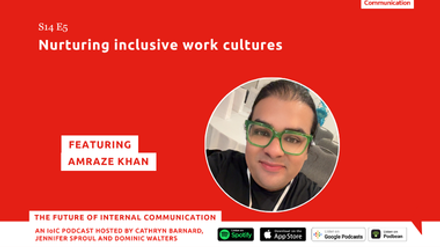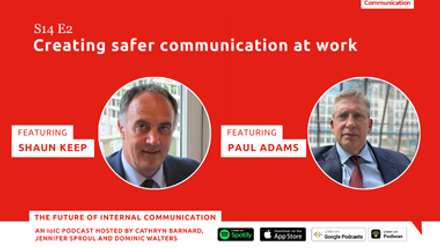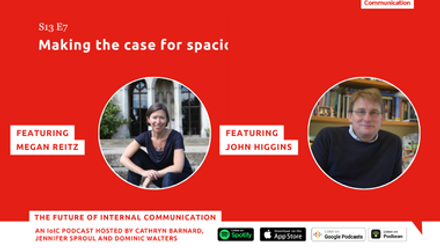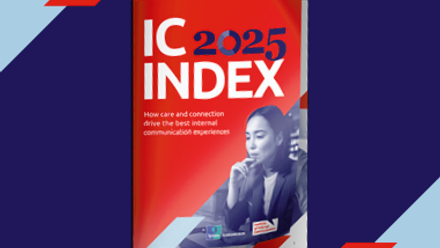The benefits of being employee-owned
Employee engagement agency Sequel has recently gone through a big change: all employees are now owners, after the business became an Employee-Owned Trust (EOT).
Improved sustainability, talent retention and profitability are just some of the benefits of transitioning to an employee-owned business.
Here, managing director Suzanne Peck and business development director Nick Andrews offer some advice on how agencies can decide whether an EOT is the right option for them, and shed light on the challenges along the way and the benefits for the business.


Why did you go down the Employee-Owned Trust route?
Suzanne: It had been a long-standing ambition for us as founding directors to share ownership with our employees and for Sequel to be a longer-term, sustainable business. Employee-owned businesses can be more successful and profitable, as well as better at retaining key people and precious culture.
Nick: We had researched EOTs thoroughly. We talked to other small companies and agencies who had gone through similar changes, examined the benefits, the pros and cons, and felt that, for us, there were few downsides.
How can an agency decide whether this might be the right move for them?
Nick: It may not be the right fit for everyone. Employees have always had a voice at Sequel, so extending this was a natural progression. We’ve also always been very transparent in sharing our business figures and targets with our people, plus in our work we talk to clients about employee engagement and motivating actions and behaviour all the time, so this is a great way to demonstrate this.
Suzanne: I think you have to know when it is the right time. Sequel was at a stage where the timing was right for the business. We have ambitious growth plans, and we wanted to reward loyalty and recognise the key part that many of our people have played in making Sequel successful. Employee-ownership involves our people more fully in our growth, making them even more invested in our future and success.
How did you involve employees in this change?
Nick: We held an all-staff briefing before we started the legal process, talking about the intention, the detail of what an EOT is and how it works, and importantly the benefits and what it would mean for them. We also briefed our department heads and set up an online FAQ page for people to post any questions.
Suzanne: We also now have an employee ownership trust board, with an employee representative who has been elected by colleagues. It was an open election and six people stood for election, showing the level of enthusiasm people have for this change.
What are the key elements agencies should prepare for when going through such change?
Nick: There are a lot of moving pieces to take into account. It’s a complex process, with a lot of legal and regulatory aspects. The terms and language in particular can be tricky, even for communicators, so I’d say having a legal representative and someone who has done it before to guide you through is key. We were lucky, as our legal firm are not only experts in personnel law but had also become an EOT themselves some months before.
Suzanne: In many ways, we treated this like a project for a client. It can take anything up to six months to complete – longer in some cases – so we had a project plan and a comms plan to keep everyone informed. And it’s important not to take your eyes off business as usual during this busy time, so an ability to juggle priorities is also important!
How has this impacted Sequel?
Nick: This isn’t an exit strategy. As directors, we’re still fully involved in and active within the business so Sequel continues to be run in the same way day-to-day. The quality of our work, creativity, innovation and ideas – still Sequel. We’ve had a great response from clients too with comments about what an inspiring move it is, and that employee ownership is a natural progression for us. One commented that “hard work, decent ethics and shared values equal success”.
Suzanne: We’ve also recently taken on new people and found that being an employee-owned business is a differentiator in hiring great talent. And we’re seeing more of a shift to an “owner mindset” within the business as our people see that success is down to all of us and that we can all make a difference, no matter what our roles.
Any final words of advice?
Nick: Give yourselves the time to make sure employee ownership is right for your business and to consider all aspects of the change. Though some of the legal and regulatory elements can seem daunting, with enough time and professional expertise, it is worth it.
Suzanne: Manage people’s expectations. Yes, there are tax-free bonuses for your people and they will have more of a say, but this is more about building on success and making decisions and investment over the longer-term for a sustainable future.






